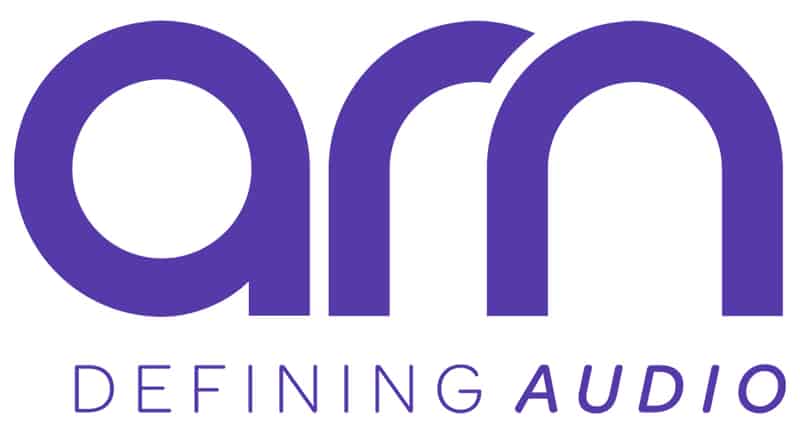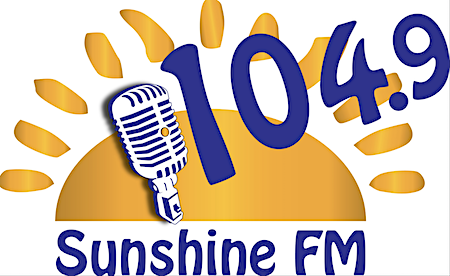Fake? Or personal take? How social media changed the definition of ‘news’

What has happened to news?
Social media has muddied the journalistic waters in the most worrying of ways.
Never have we had so much information at our fingertips. But we’re being bombarded from a motherlode of sources: some credible, many questionable.
Compounding the problem is the presentation: Clickbait headlines, opinion disguised as news, loaded language and personal agendas are leaving us in a perpetual state of doubt.
Is it factual? Is it fake? Or is it take?
Yes, take: Not fake, but someone’s own take on the facts.
One thing it definitely is, is relentless. And to be honest, it’s kind of exhausting.
Respected radio and TV broadcaster Tim Webster is one of many who feel the frustration.
Webster tells Radio Today “I think the most troubling thing about social media, other than the fast-tracking of AI, is the mis and disinformation.”
“Either posting something that’s demonstrably wrong or deliberately posting something the troll knows is wrong.”
“It seems anything is OK to advance an agenda.”
But if we’re really going to address the elephant in the room, it must be asked: Is bias seeping into radio news?
Fuelled by the platform social media has afforded anyone to voice their opinion, when does one stop being a journalist and start being a commentator?
Is it ever OK for a radio newsreader to express their personal opinion? Push an agenda? Pick a side?
There’s been widespread debate over news coverage of the situation in Gaza.
Shouldn’t similar discussions take place in all newsrooms on this story and others, where personal bias can be almost impossible to ignore?
A seasoned journo and online blogger by the name of Bob believes the genie is already out of the bottle.
Bob nails it when he says “You know the really sad thing about this? It means we’re missing out on learning about actual news and world events.”
The story – the real story – is getting lost in the crossfire.
Our job as journalists is to report the news, not to become part of it, interpret it, spin it or use it as a means of conveying our own personal beliefs or values.
Let’s all stay in our lane.
*Sarah Patterson is a radio journalist of more than 30 years’ experience, a former Air News Director and WIN Television Bureau Chief. She has a BA in Media Studies.



You can write a thesis on misinformation and disinformation.
I will illustrate the three examples:
Firstly, we cannot be sure that what is disseminated by the FTA radio and TV broadcasters is misinformation or disinformation by omission of facts in order to push a particular narrative.
For example, we haven’t heard the other side of the argument from the Russian perspective between Russia and Ukraine.
An illustration is the interview between Tucker Carlson and President Putin at https://rumble.com/v4c9a1i-exclusive-tucker-carlson-interviews-vladimir-putin.html .
It does not mean that watching the interview that I agree with the subject matter. There is a plethora of analyses for and against the subject matter of the Tucker Carlson interview on YouTube and other media providers.
Nevertheless I have not seen or heard anyone from the FTA MSM get information from the Russian perspective since the start of the dispute between Russia and Ukraine.
Similarly, there was no problem when Barbara Walters (RIP) interviewed enemy Fidel Castro and Mike Wallace (RIP) interviewed enemy Ayatollah Khomeini in 1979.
We heard their story and didn’t become followers of the enemy.
I have a free will and I shall cop the consequences of following and behaving to the narratives presented.
You wonder if the FTA MSM push a particular narrative.
This message is a metaphor for mainstream media pushing a particular message. The presenters are parrotting a script on ABC, CBS, NBC, CNN, FOX, MSNBC and CNBC.
https://youtu.be/ZggCipbiHwE?si=YSrNUsJ0yN_9veV2
Second, when it comes to medical issues can you believe the stories presented by the FTA MSM. These reports are no better that the “influencers” on YouTube talking about a particular medication.
For example, Channel 9 reported in 2023 that the diabetes and weight loss drug Ozempic causes cancer. A week later on the same network, “60 Minutes” airs a report on a patient dying from taking this medication.
In the first instance, the incidence of cancer is extremely rare and reports of cancer are reports of rats who have the receptor cells conducive to cancer. Our TGA has a database of adverse reports on medications and our network of pharmacists are fully aware of any adverse effects of medications.
In second instance, when you find out about the patient who died from Ozempic was due to an overdose of the substance. The patient obtained a prescription for the medication from one doctor and another prescription from another doctor.
The result is that the patient overdosed and died.
It illustrates how FTA MSM can be irresponsible and sensationalizes stories on medication.
Equally social media is equally as bad when influencers make their podcasts and boast about taking Ozempic. In one extreme a Sydney Eastern Suburbs PR socialite boasts about overdosing on the medication even filming collapsing.
Fortunately the patient survived aver several days of hospitalisation.
It illustrates that when commenting on news, whoever the media outlet whether FTA MSM or social media, that stories are backed by scientific evidence
A final example on news reporting is the parrotting of PR press releases. I was a volunteer at 2SER-fm and their fax machines received PR releases. Many times the reports on FTA MSM have repeated line-by-line the PR releases.
In summary, we have a choice whether you believe and follow a particular narrative and have the right to make our own decisions.
Makers of content whether from FTA MSM or social media have a duty to back up with evidence any stories on medications.
Finally, the MSM FTA have a responsibility to report and be critical of PR releases. Equally social media podcasters also have a responsibility not to flog products or services as a panacea for problems.
In the end the decision to accept or reject and follow is our decision.
Thank you,
Anthony, Strathfield South, in the land of the Wangal and Darug People’s of the Eora Nation